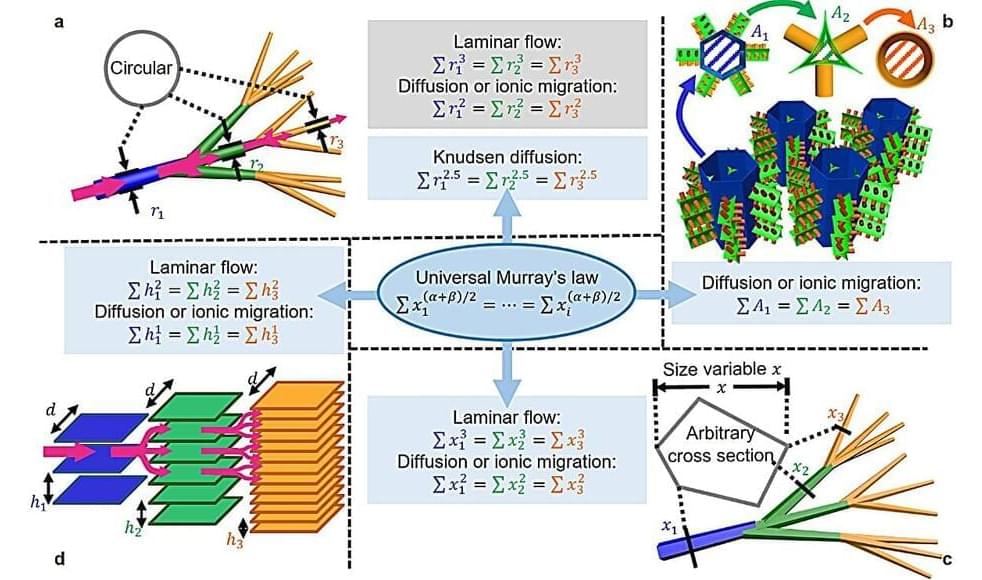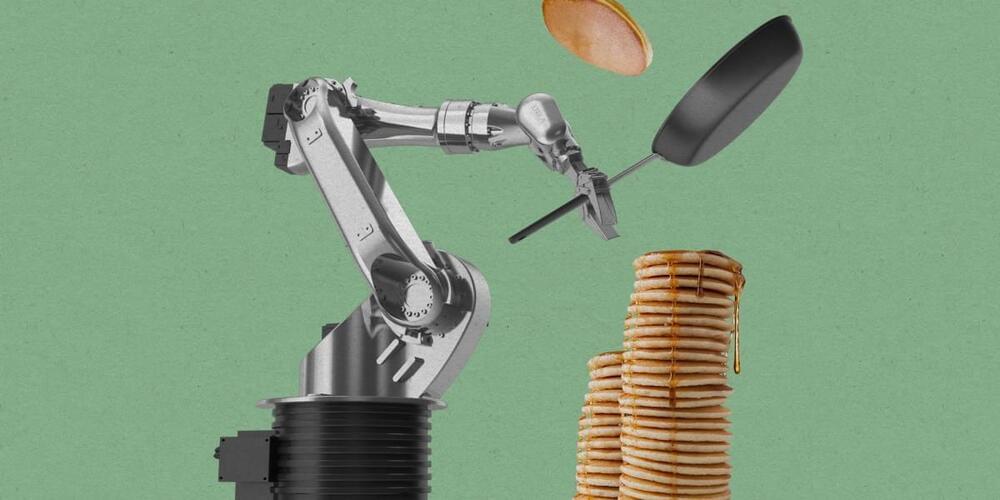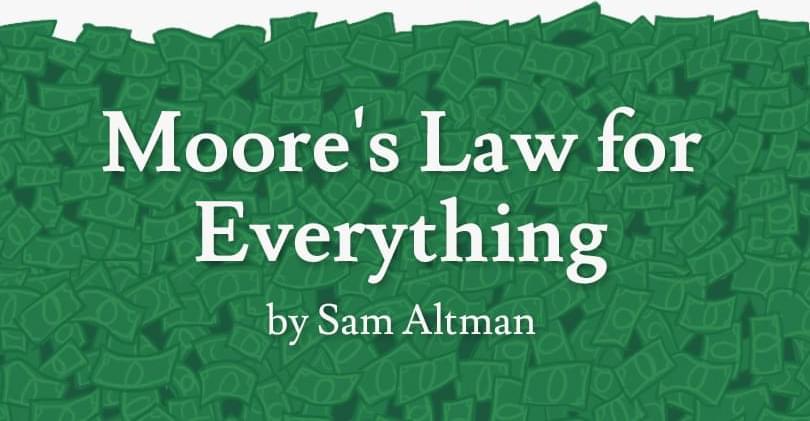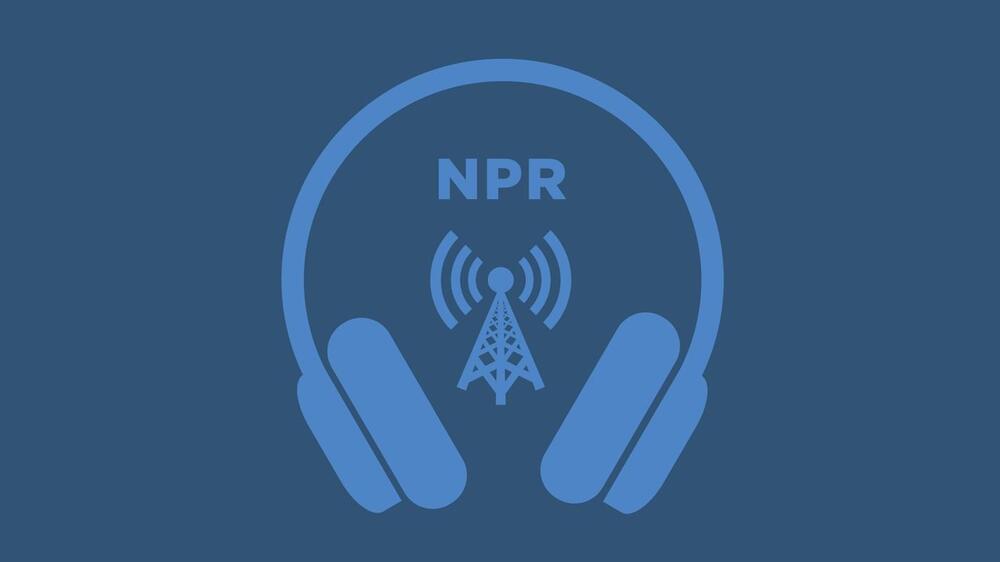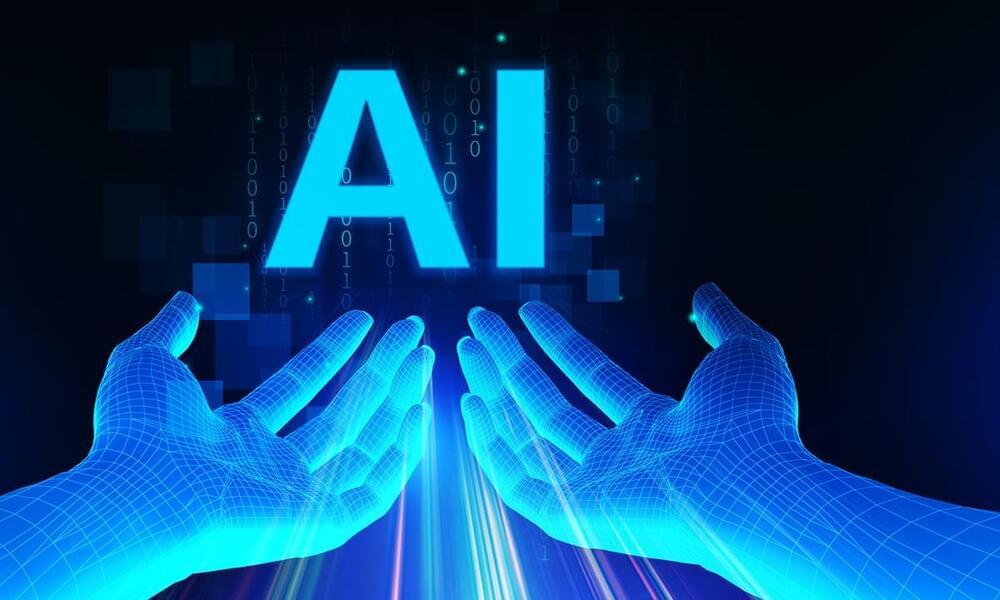This second position, while certainly not inconsistent with realism per se, turns upon a distinction involving a notion of “observation”, “measurement”, “test”, or something of this sort—a notion that realists are often at pains to avoid in connection with fundamental physical theory. Of course, any realist account of a statistical physical theory such as quantum mechanics will ultimately have to render up some explanation of how measurements are supposed to take place. That is, it will have to give an account of which physical interactions between “object” and “probe” systems count as measurements, and of how these interactions cause the probe system to evolve into final “outcome-states” that correspond to—and have the same probabilities as—the outcomes predicted by the theory. This is the notorious measurement problem.
In fact, Putnam advanced his version of quantum-logical realism as offering a (radical) dissolution of the measurement problem: According to Putnam, the measurement problem (and indeed every other quantum-mechanical “paradox”) arises through an improper application of the distributive law, and hence disappears once this is recognized. This proposal, however, is widely regarded as mistaken.[4]
As mentioned above, realist interpretations of quantum mechanics must be careful in how they construe the phrase “the observable A” A A has a value in the set B” B B”. The simplest and most traditional proposal—often dubbed the “eigenstate-eigenvalue link” (Fine [1973])—is that (• holds if and only if a measurement of A” A A yields a value in the set B” B B with certainty, i.e., with (quantum-mechanical!) probability 1. While this certainly gives a realist interpretation of (•,[5] it does not provide a solution to the measurement problem. Indeed, we can use it to give a sharp formulation of that problem: even though A” A A is certain to yield a value in B” B B when measured, unless the quantum state is an eigenstate of the measured observable A” A A, the system does not possess any categorical property corresponding to A” A A ’s having a specific value in the set B” B B.
